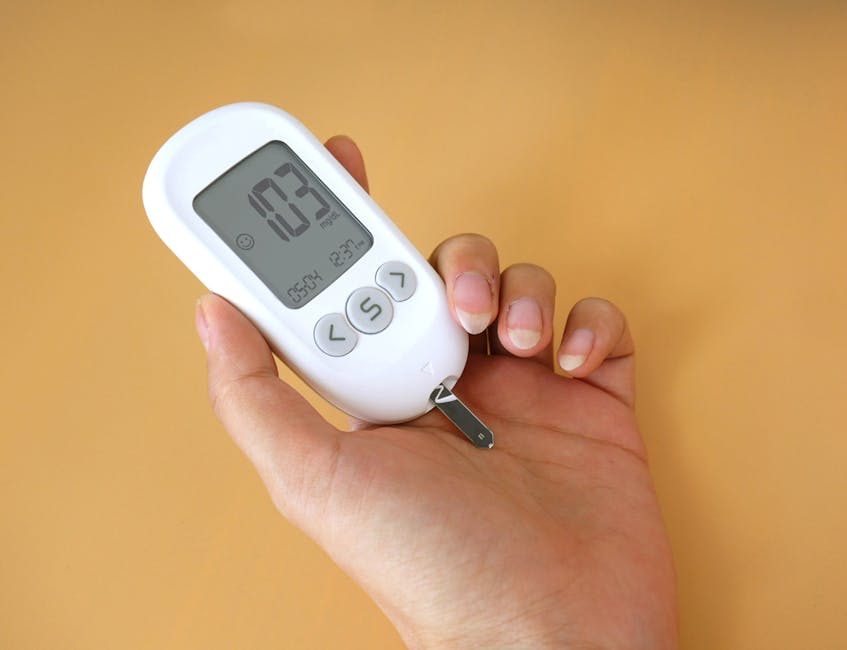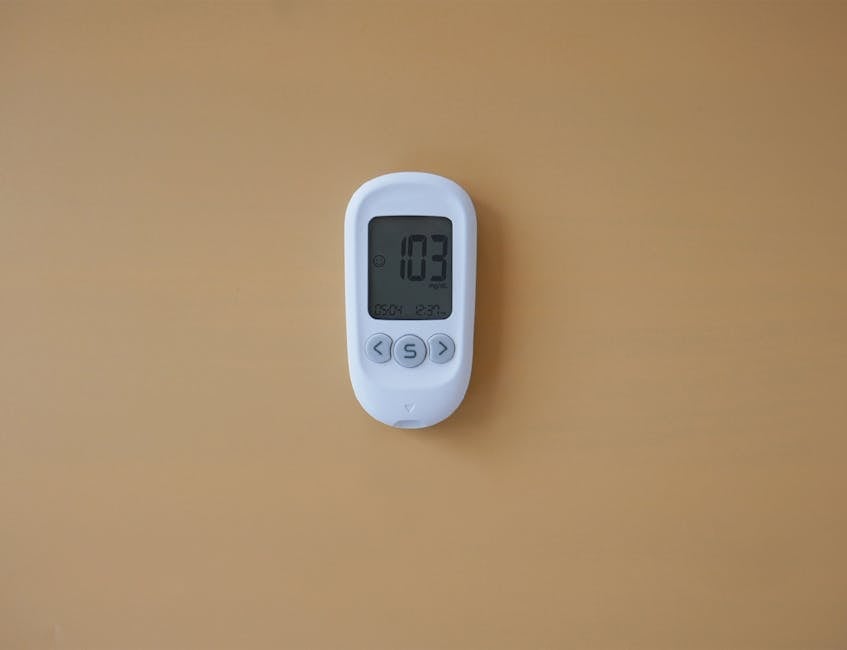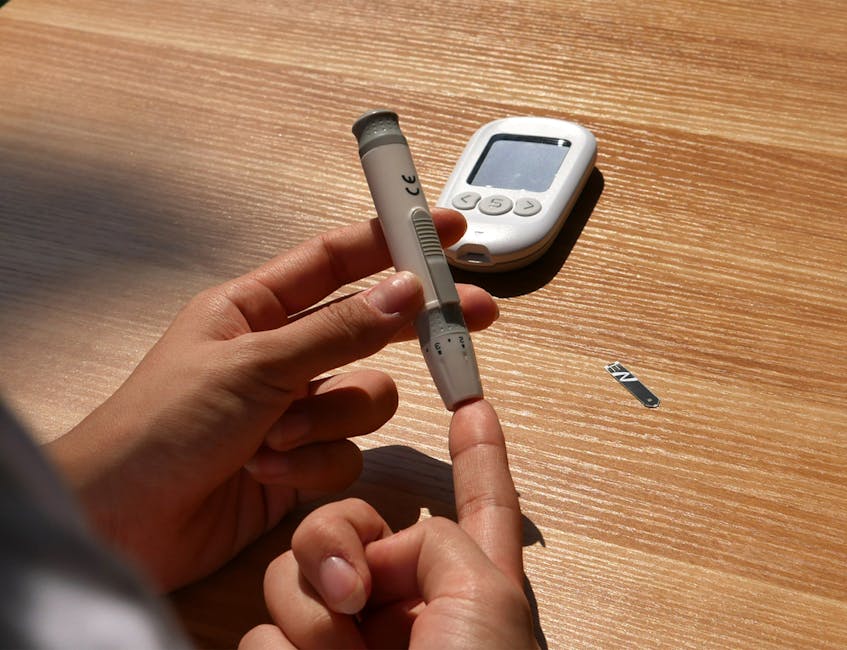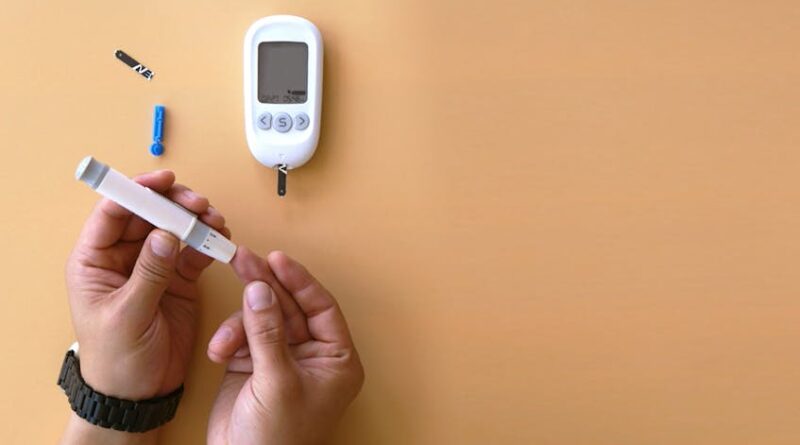Tips for Managing High Blood Pressure
High blood pressure, also known as hypertension, is a common condition that affects millions of people worldwide. It is often referred to as the “silent killer” because it usually has no symptoms but can lead to serious health complications if left untreated. Managing high blood pressure is crucial to reduce the risk of heart disease, stroke, and other health problems. In this comprehensive guide, we will explore various tips and strategies for managing high blood pressure effectively.
The Importance of Managing High Blood Pressure

High blood pressure occurs when the force of blood against the walls of your arteries is consistently too high. This can damage your blood vessels and lead to serious health issues. Managing high blood pressure is essential to reduce the risk of heart disease, stroke, and kidney disease. It can also help lower the risk of other health problems such as diabetes and dementia.
Healthy Lifestyle Changes

One of the most effective ways to manage high blood pressure is to make healthy lifestyle changes. This includes:
Diet
Following a healthy diet low in sodium, saturated fats, and cholesterol can help lower blood pressure. The DASH (Dietary Approaches to Stop Hypertension) diet, which emphasizes fruits, vegetables, whole grains, and lean proteins, has been shown to be effective in reducing blood pressure.
Exercise
Regular physical activity can help lower blood pressure and improve overall cardiovascular health. Aim for at least 150 minutes of moderate-intensity exercise per week, such as brisk walking, cycling, or swimming.
Weight Management
Being overweight or obese is a risk factor for high blood pressure. Losing even a small amount of weight can help lower blood pressure and reduce the risk of complications. Aim for a healthy weight through a combination of diet and exercise.
Medication

In some cases, lifestyle changes alone may not be enough to manage high blood pressure. Your doctor may prescribe medication to help lower your blood pressure. There are several types of medications available, including diuretics, beta-blockers, ACE inhibitors, and calcium channel blockers. It is important to take your medication as prescribed and follow up with your doctor regularly to monitor your blood pressure.
Stress Management

Chronic stress can contribute to high blood pressure. Finding healthy ways to manage stress, such as mindfulness meditation, deep breathing exercises, yoga, or spending time in nature, can help reduce your blood pressure and improve your overall well-being.
Regular Monitoring
Monitoring your blood pressure regularly is crucial for managing hypertension. You can check your blood pressure at home using a home blood pressure monitor or visit your doctor for regular check-ups. Keeping track of your blood pressure readings can help you and your doctor determine if your treatment plan is effective or if any adjustments are needed.
Limit Alcohol and Quit Smoking
Excessive alcohol consumption and smoking can raise your blood pressure and increase your risk of heart disease. Limiting alcohol intake to no more than one drink per day for women and two drinks per day for men, and quitting smoking can help lower your blood pressure and improve your overall health.
Expert Opinions
According to Dr. John Smith, a cardiologist specializing in hypertension, “Managing high blood pressure is essential for reducing the risk of heart disease and stroke. It is important to work with your healthcare provider to develop a personalized treatment plan that includes lifestyle changes, medication, and regular monitoring.”
Common Misconceptions
One common misconception about high blood pressure is that it only affects older adults. In reality, high blood pressure can occur at any age, and even young adults and children can develop hypertension. It is important to have your blood pressure checked regularly, regardless of your age.
Conclusion
In conclusion, managing high blood pressure is essential for reducing the risk of serious health complications. By making healthy lifestyle changes, taking medication as prescribed, and monitoring your blood pressure regularly, you can effectively manage hypertension and improve your overall health. Remember to consult with your healthcare provider for personalized advice and guidance on managing high blood pressure.
To wrap things up, taking control of your blood pressure is a key step towards improving your cardiovascular health and reducing the risk of heart disease and stroke. Start implementing these tips today to lower your blood pressure and live a healthier life.




